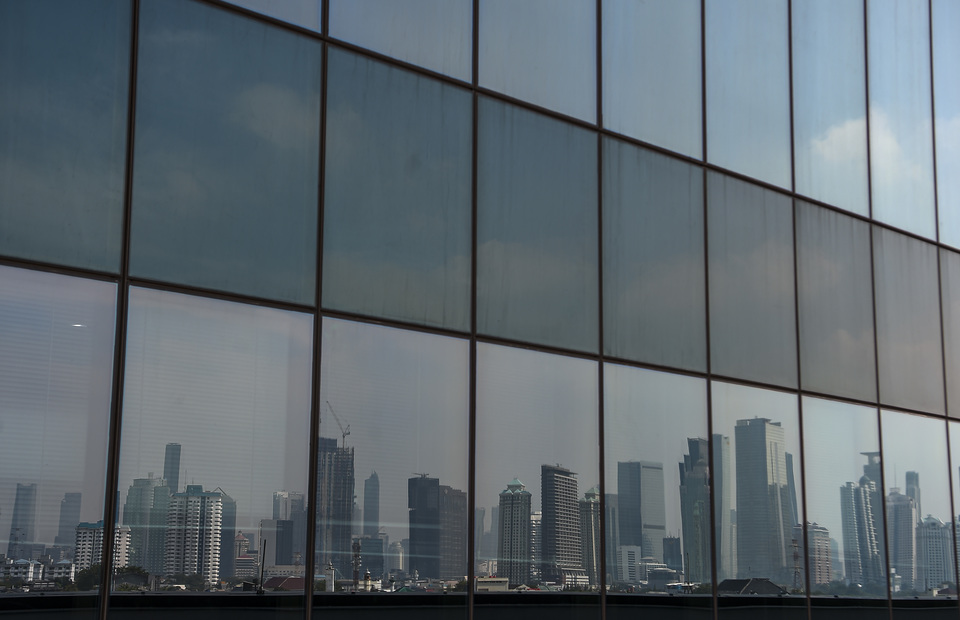Bank Indonesia, the country central bank, has cut its benchmark interest rate to 4 percent to prop up the economy that could have shrunk by 4 percent in the second quarter this year amid the government sluggishness in spending the stimulus to counter the Covid-19 pandemic.
That was the fourth cuts the central bank made this year in a combination with unorthodox monetary measures to ensure that the economy has enough liquidity in the face of the bleak economic prospects.
“Our estimation, with various data available, is the contraction of the Indonesian economy [in the second quarter of 2020] of around 4 percent,” Bank Indonesia Governor Perry Warjiyo said in a press briefing on Thursday.
The transportation and mining sector took the most severe blow from the economic contraction in the second quarter, Bank Indonesia said.
The government put most parts of the country, especially the economic centers in Java and Sumatra, under large scale social restriction (PSBB) and limit people taking air travel in April to June period to curb the spread of the pandemic, grinding the economy to a halt.
Minister of Finance Sri Mulyani Indrawati said on Wednesday that the government now expected a contraction of 4.3 percent in the second quarter, a worse outcome than its earlier prediction of a 3.8 percent contraction.
The government has committed to spending Rp 692.5 trillion ($47.4 billion), or 4.3 percent of Indonesia’s gross domestic product (GDP), on healthcare, social safety net, and business incentives. But, the government had managed to only spend 18 percent of the stimulus by July 5.
Still, Perry said some signs or recoveries have emerged in June, with Purchasing Manager Index, retail sales, and the consumer confidence index ticked up. Also, the government started to loosen the restrictions and allowed public places to open at a limited capacity.
“The economic prospect is better for the third quarter, as the pace of fiscal stimulus disbursement and corporate restructuring in the banking sector starts to pick up,” Perry said.
In addition, Indonesia’s export in June also improved, driven by increasing demand for raw commodities like iron and steel in line with the increasing demand from China.
“Bank Indonesia will continue to strengthen synergies with the government to ensure that the policies we implement are effective in encouraging economic recovery,” Perry said.

